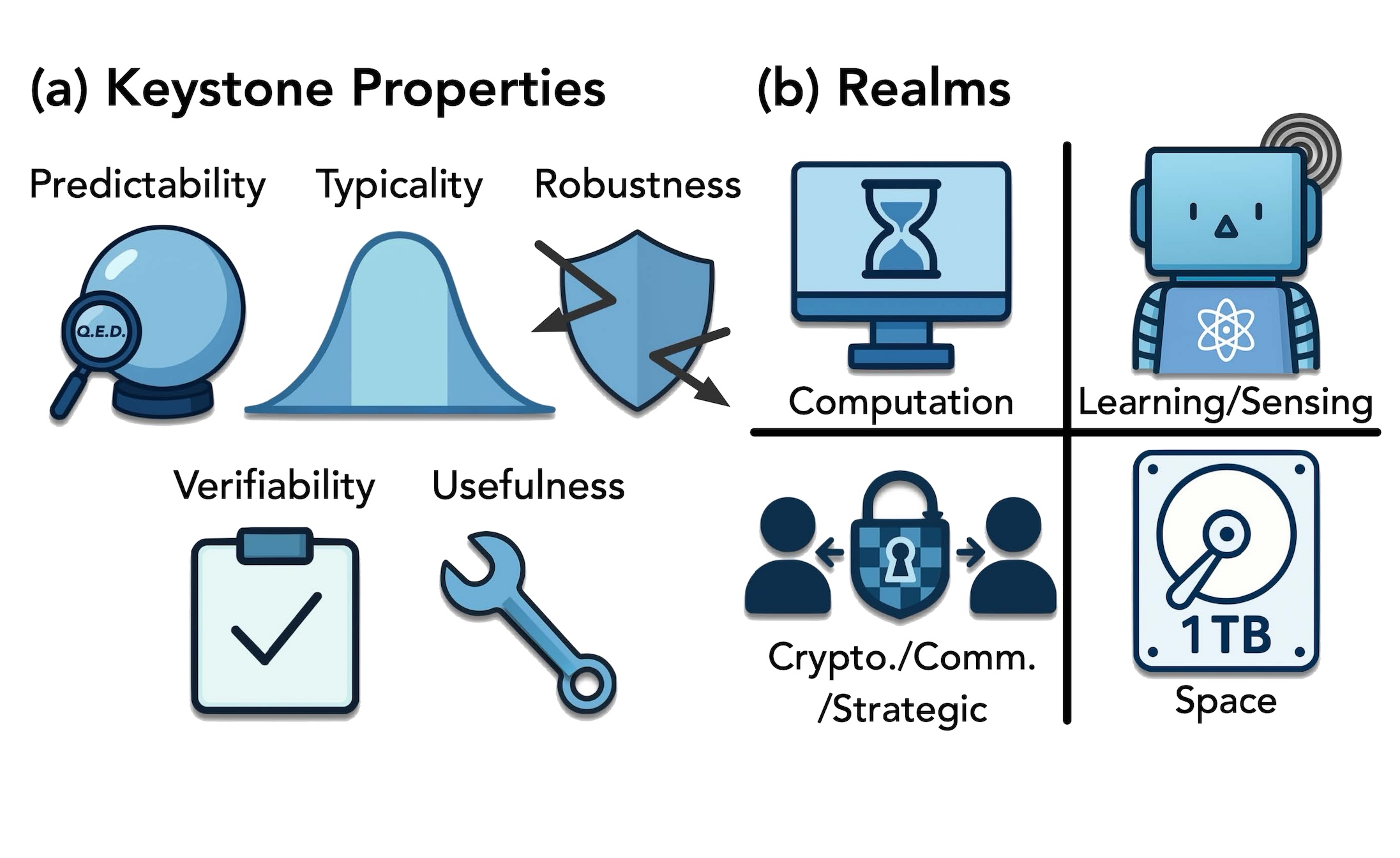Introduction
High-Performance Computing (HPC) has always pushed the boundaries of what we think is computationally possible. Imagine a future where computational challenges that once seemed insurmountable are now solvable. Quantum computing represents that future—a game-changing force poised to redefine what HPC can achieve. From modeling complex molecular interactions to simulating weather patterns, HPC has tackled some of the most challenging problems we face. But a new horizon is emerging that could fundamentally change the power and capability of HPC: quantum computing. HPC centers must prepare to embrace this transformative technology, and the earlier they can, the better.
Technological Advancements on the Horizon
The integration of quantum computing with traditional HPC systems will bring about a hybrid approach where classical and quantum processors work together. This hybridization promises a future where computational limitations are significantly pushed back. Quantum computing, while not a replacement for classical HPC, will serve as an accelerator for specific types of problems that are currently infeasible. However, practical hybrid solutions are still in early development, and achieving seamless integration will require advances in both quantum hardware and classical-quantum interfacing and software.
For example, problems involving large combinatorial spaces, such as optimization and quantum chemistry simulations, could see significant speedups thanks to quantum algorithms. However, these speedups depend on the development of suitable quantum algorithms and scalable quantum hardware. Predictive advancements include breakthroughs in quantum error correction, improved qubit connectivity, and higher coherence times—all of which will make quantum systems more practical for real-world HPC use. It is important to note that practical fault-tolerant quantum computing is still years away, as current quantum error correction requires a large number of physical qubits per logical qubit.
Another key area of advancement is the development of quantum algorithms that complement classical methods. The synergy between quantum and classical algorithms will be essential in advancing fields like materials science, artificial intelligence, and cryptography. As we move forward, quantum machine learning (QML) could become a significant asset for handling datasets and generating insights that would otherwise be out of reach, although demonstrating real-world quantum advantages for these tasks is still an ongoing challenge.
The Importance of Early Adoption
One of the most important lessons from the evolution of HPCis that early adoption often determines leadership. The adoption of GPUs, for example, was initially driven by a few visionary HPC centers that recognized the potential for parallel processing to advance computational capabilities. Initially, GPUs were mainly used in graphics and visualization, but a handful of HPC centers saw their promise for general-purpose parallel processing. This foresight allowed these centers to gain a significant competitive edge, as they were able to leverage GPUs to achieve breakthroughs in machine learning, data analysis, and other computationally demanding tasks. The journey of adopting GPUs wasn’t without its challenges—issues like programming complexity and the need for specialized software tools had to be overcome. However, the long-term benefits, including dramatic improvements in performance and efficiency, made the investment worthwhile. Similarly, quantum computing presents an opportunity to gain a competitive edge for those who are ready to explore its potential early on.
By integrating quantum computing into their infrastructure,HPC centers can experiment, gain valuable experience, and build the expertise needed to stay ahead. The learning curve for quantum technology is steep—covering not only hardware integration but also the development of quantum algorithms and optimization techniques. Centers that invest today in quantum skills and infrastructure will be the ones to shape the future of the HPC landscape. However, it is also important to weigh the costs and risks of early adoption, as widespread commercial use cases remain limited, and there are uncertainties around when quantum computing will deliver practical advantages.
Moreover, early adoption fosters an environment of collaboration with quantum technology developers. Quantum computing is a rapidly evolving field, and ongoing collaboration can help HPC centers influence future hardware and software roadmaps to better suit their specific needs. This alignment can provide tangible benefits in terms of performance gains and operational efficiencies, creating a symbiotic relationship between quantum hardware developers and the end-users.
Encouraging a Culture of Innovation
Quantum computing is not just about adding a new type of processor to existing HPC setups; it’s about rethinking how we approach problems, algorithms, and infrastructure. For HPC centers to thrive in a quantum future, fostering a culture of innovation will be critical. Encouraging experimentation with quantum computing will help break the mold of traditional thinking, enabling teams to find new ways to solve problems.
This culture shift starts with education—investing in talent that understands both classical and quantum paradigms. Workshops, training programs, and partnerships with quantum computing companies are key strategies for HPC centers that want to cultivate an environment where quantum exploration becomes the norm. Beyond education, incentivizing researchers to explore quantum solutions to traditional problems can spur groundbreaking approaches that take advantage of quantum speedups.
Additionally, fostering partnerships with academia, government labs, and industry players is crucial for advancing quantum capabilities in an HPC context. These partnerships can help bridge the gap between theoretical quantum research and practical, scalable solutions. A culture of collaboration and openness is often where true innovation thrives, and HPC centers that embrace these values will be the ones leading the charge into the quantum era.
Want to receive these insights every month?
Join our mailing list
Sign up here
Looking Forward
The future of HPC is undeniably tied to the evolution of quantum computing. The coming years will see an increasing convergence of quantum and classical technologies, resulting in a hybrid computational system capable of tackling challenges far beyond the reach of current HPC capabilities. By focusing on early adoption, building a culture of innovation, and preparing for technological advancements, HPC centers can position themselves at the forefront of this next revolution.
Key Takeaways for HPC Managers
- Embrace Hybrid Systems: Start exploring how quantum processors can integrate with existing HPC infrastructure, focusing on hybrid approaches that leverage the strengths of both classical and quantum technologies.
- Invest in Talent and Education: Build quantum skills within your team through training programs, workshops, and collaborations with quantum computing companies to stay ahead of the learning curve.
- Early Collaboration is Crucial: Foster partnerships with quantum hardware and software developers to influence technology roadmaps and gain access to cutting-edge advancements.
- Cultivate a Culture of Experimentation: Encourage your teams to experiment with quantum technologies to explore novel solutions to existing problems, keeping innovation at the forefront of your HPC strategy.
- Weigh Risks and Costs: Be mindful of the challenges and uncertainties around early quantum adoption, and balance investment with the long-term potential of quantum computing.
Conclusion
Quantum computing is set to play a pivotal role in the future of high-performance computing, offering new ways to solve problems that are currently beyond our reach. By embracing hybrid systems, investing in talent, fostering collaboration, and cultivating a culture of experimentation, HPC managers can lead their organizations through this technological revolution. The path to integrating quantum computing may be complex and filled with challenges, but the potential rewards for HPC centers that take proactive steps today are immense. Those who invest in quantum now will be the ones shaping the future of computing tomorrow.



-compressed.jpg)
